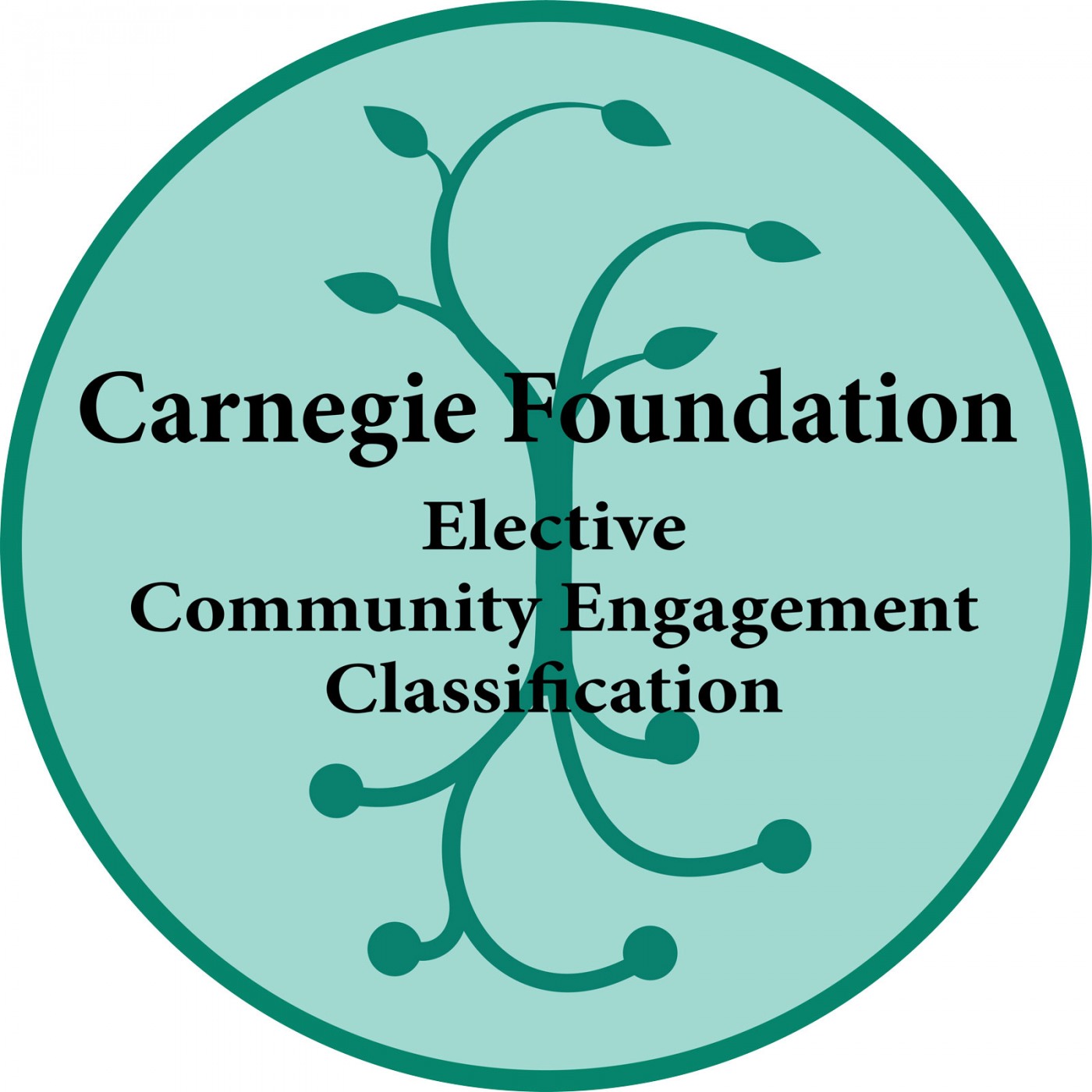PROVIDENCE, R.I. [Brown University] — Students, faculty and staff at Brown University have long been dedicated to community engagement that both enriches teaching and research and impacts the greater community. Now, a new endorsement from the Carnegie Foundation for the Advancement of Teaching will recognize that historic institutional commitment.

On Friday, Jan. 31, Brown was named by the Carnegie Foundation among a select group of educational institutions to earn the Carnegie Community Engagement Classification, an elective designation that recognizes colleges and universities with campus-wide commitments to community engagement.
"Scholarship in service to the community, the nation and the world has long been a hallmark of Brown’s distinctive approach to teaching and research," said Brown President Christina H. Paxson. "This recognition by the Carnegie Foundation honors the impact of the positive, reciprocal relationships we sustain with the external community and serves as an opportunity to reinforce our commitment to partnership and collaboration."
Created in 2006, the Carnegie Community Engagement Classification is awarded once every five years to institutions whose applications demonstrate practices across curriculum, research and administrative offices that support community engagement.
Brown is among 44 institutions receiving the accreditation for the first time. Seventy-five successfully reapplied for the distinction, which is retained for 6 years. Currently, 359 colleges and universities — including private and public research institutions, master’s colleges and universities, and baccalaureate colleges — actively hold this classification. Of these 359, 28 share Brown’s classification as a doctoral university with very high research activity status.
In developing Brown’s application for the designation, a committee of faculty and staff members outlined a wide range of distinctive curricular and co-curricular community engagement initiatives from schools, departments, centers, and institutes across the University. These include the University’s community-based learning and research courses, which ask students from an array of subject areas to address social challenges in collaboration with community partners, and the Engaged Scholars Program, a two-year undergraduate program that integrates community-based scholarship into coursework across 16 subject areas in partnership with academic departments.
The committee also analyzed data from recent Brown reports and surveys, including Brown’s strategic plan, both the University-wide and departmental diversity and inclusion action plans, the Slavery and Justice Report, the Swearer Center for Public Service’s strategic plan, and the results of a campus-wide survey conducted in 2018 by the Community Engagement Working Group.
Applications for the designation are evaluated by a national review committee led by the Swearer Center, which is the administrative and research home for the Carnegie Community Engagement Classification. Because the Swearer Center serves in this role, Brown’s application was reviewed only by committee members with no ties to Brown.
Mathew Johnson, executive director of the Swearer Center, said that in earning the Carnegie Community Engagement Classification, Brown joins a group of institutions that are making community engagement a foundation for innovative teaching and research.
"It is our hope that by celebrating these classified campuses, others might come to see community engagement as part of the strategy to address the current set of challenges in higher education," Johnson said.